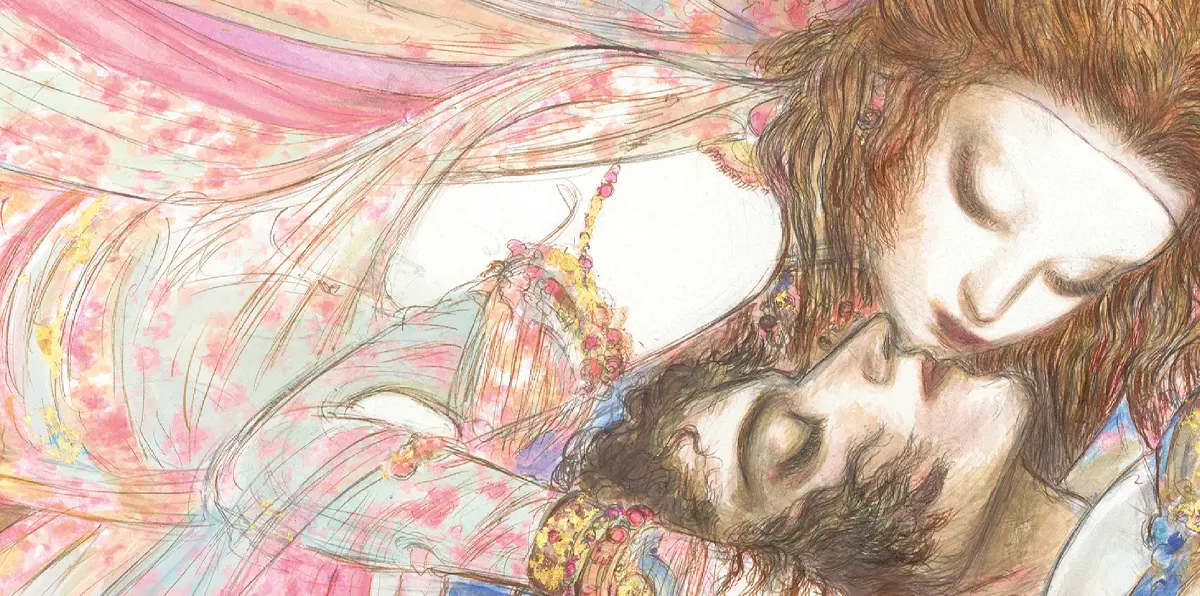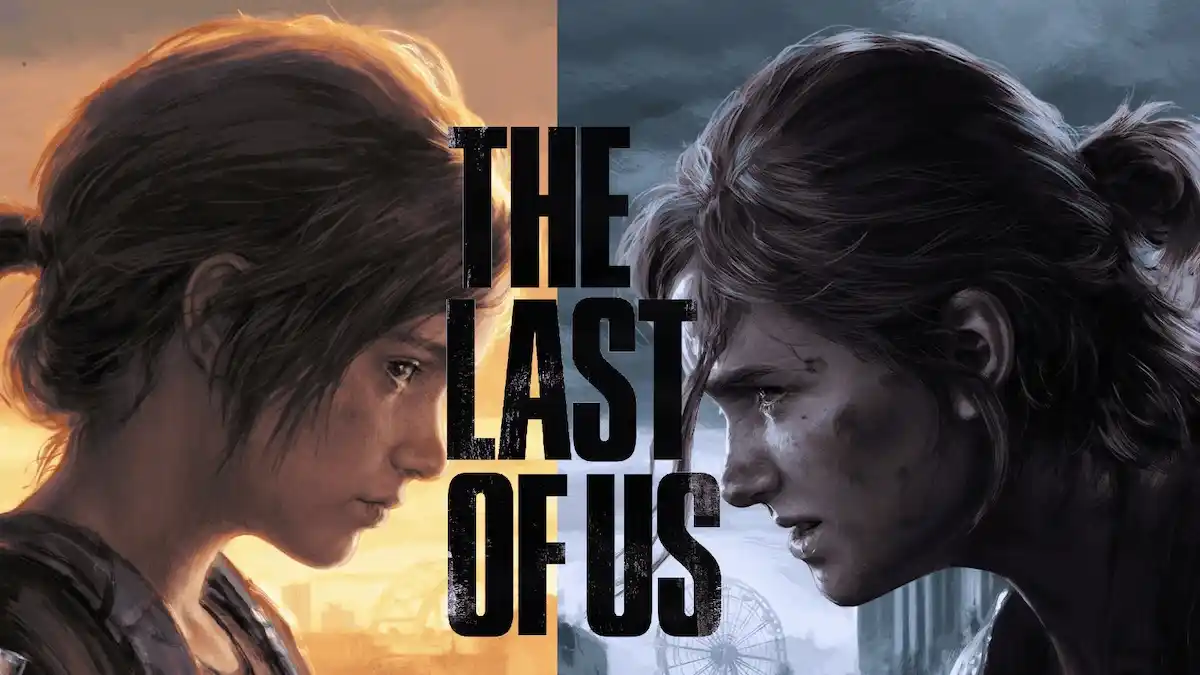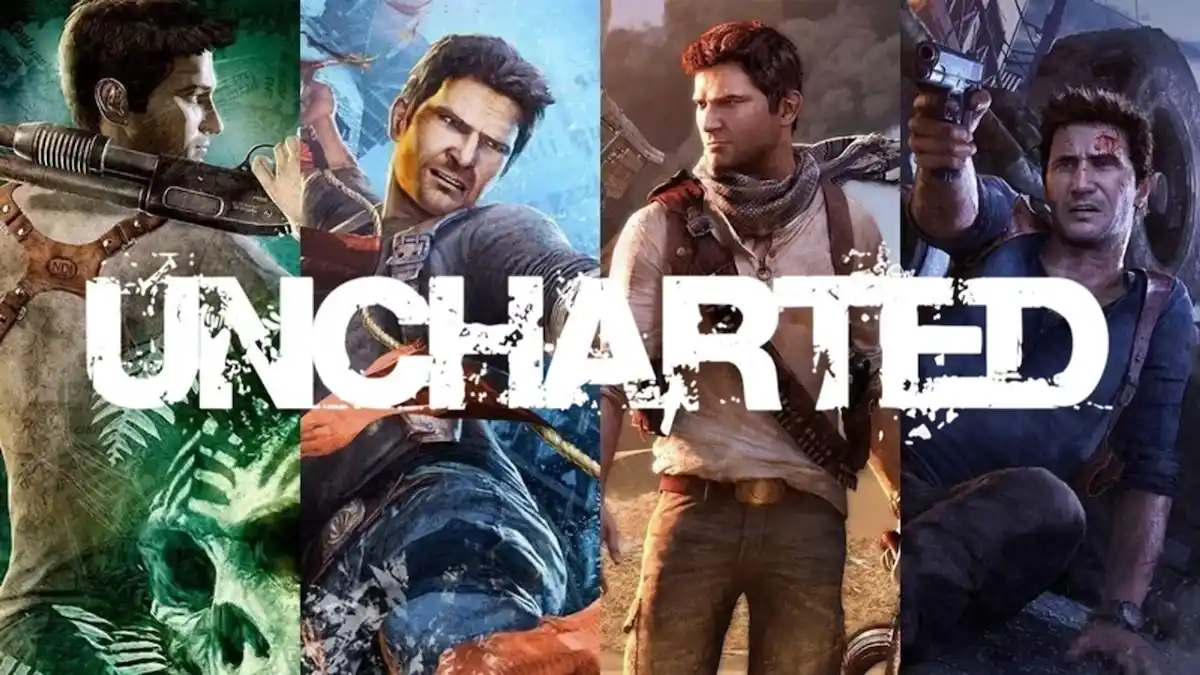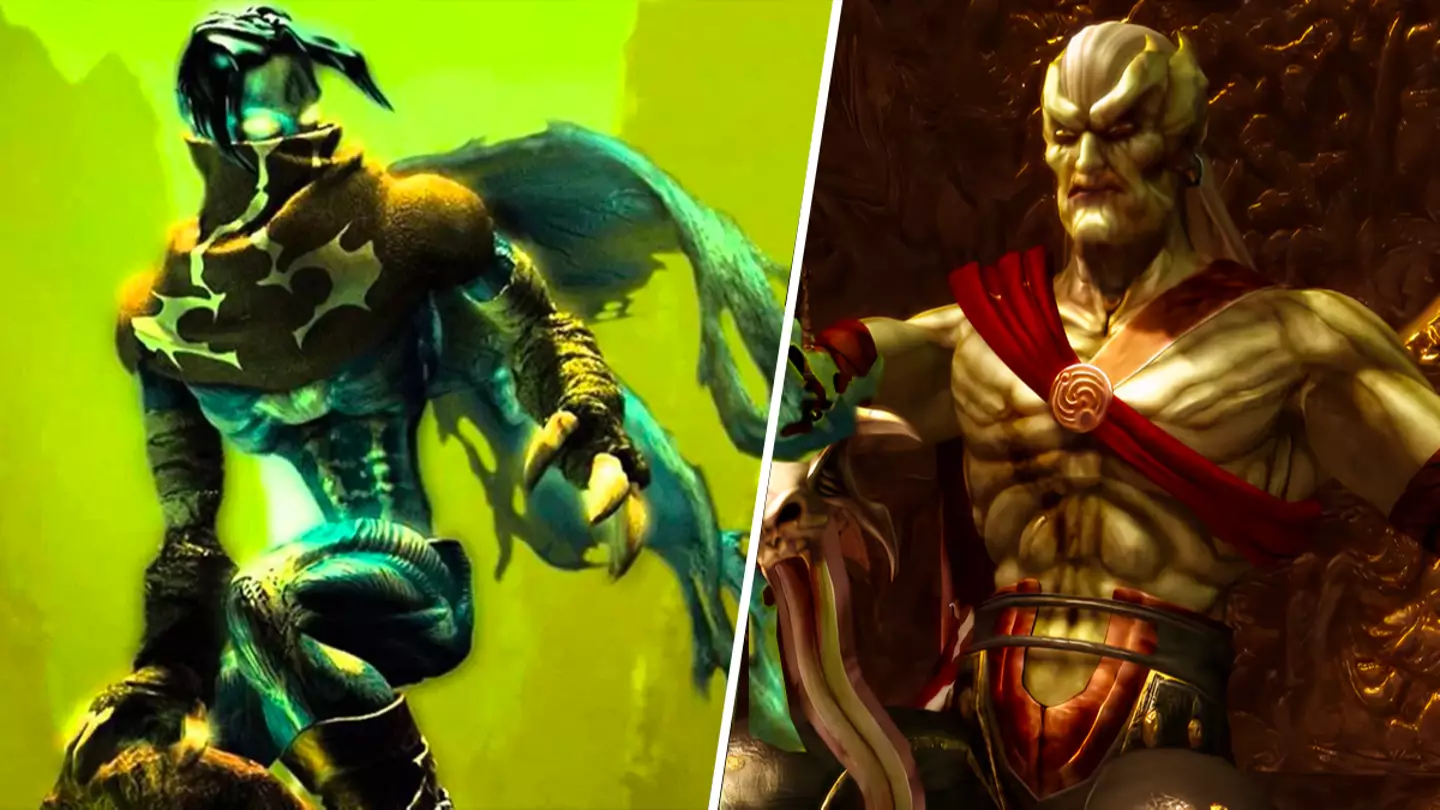Atlantica Online: intervista a Kim Tae Gon
Atlantica Online has surprised many players during these months, with a mix of quality, exclusive features and deepness unusual for a F2P MMO. So we have decided to talk about these aspects with the Head Producer of the game, Mister Kim Tae Gon.
Atlantica is a big success in the west and i think you deserved it. In
Thank you for saying we deserve the success. That’s very kind of you. We just think if we develop a good game, the success should follow, and that’s what we’re trying to do with Atlantica.
The three words why Atlantica is different: strategic, turn-based action.
There’s a team of 120 who worked on Atlantica, and about 20 of them were also a part of developing Luminary: Rise of the GoonZu. Luminary started its development in 2003, and we’ve experienced just a really great sense of teamwork over these last six years.

Although there are similarities between the two games — we kind of think of them as being brothers — Luminary and Atlantica were developed with different purposes. Luminary was developed to be a game that revolves around economics and politics, while Atlantica was developed to present a different kind of action, the turn-based combat. Since players of Atlantica will most likely be focused more on the battles, we didn’t want to include all the complexities of Luminary, like the different classes of players and the politics. However, instead of voting for a GoonZu, Atlantica has other features like nations that encourage player interaction. But, ultimately, nations come down to going to war. So there is much more emphasis on fighting in Atlantica.
The turn-based combat system. It’s what we created to make Atlantica stand out from all the rest, and to make the game different than most of the MMORPGs out there. And players seem to be really enjoying it.
For me, it would have to be Bluetooth, the Viking mercenary. But most of the developers prefer Cassandra, the Prophet mercenary.
We are aware of the struggles upper-level players are having, so we’ve come up with some solutions for them to level up. Players at level 96 and above can earn up to 3% bonus experience each day, if they complete three quests that day. Also, we’ve added a birthday system that automatically levels up characters. Plus, the title buff and your main character’s new magic will help you to level up. But these are just the beginning, and we’ll have more ways for upper-level players to level up.

In
Yes, there are similar attitudes in the
Fortunately, the global economic crisis hasn’t hurt us like it is has so many other companies. And we hope it proves to be true that free-to-play games will be less exposed to problems. It makes sense that free-to-play would be more popular in tough economic times, since people will still want to play video games, but just not pay as much money.
The game that influenced Atlantica the most other than Luminary is Gersang, which is the Korean word for merchant. It’s a game I developed before Luminary, at a company I was working at before coming to NDOORS. Gersang had some new concepts for a game’s economy, combined with real-time strategy battles. When a player begins a battle, the screen switches to a battle map, in which the player can control multiple characters in real-time. I brought this battle concept to Atlantica.

Atlantica came out about at the same time as Runes of Magic. Here in
Questions by Chobeat
,
Durante gli ultimi mesi Atlantica Online ha sorpreso sia gli addetti ai lavori che gli utenti per l’equilibrato mix di qualità, caratteristiche esclusive e profondità di gioco, diventando presto il più giocato e apprezzato MMO F2P del momento. Abbiamo parlato di questi aspetti con l’head producer, il signor Kim Tae Gon.
Atlantica ha raggiunto un grande successo in Europa e in America, e penso che lo meritiate. Anche in Italia va molto bene: è apprezzato e giocato da molti. In tre parole, qual’è la differenza tra Atlantica e altri MMORPG?
Grazie mille per sottolineare che il successo e’ meritato. Pensiamo che sia necessario sviluppare un ottimo gioco per ottenere successo, ed è quello che abbiamo cercato di fare con Atlantica.
Un gruppo di 120 persone hanno lavorato sul progetto, e circa 20 di loro hanno anche sviluppato Luminary: Rise of the GoonZu. Luminary e’ stato iniziato nel 2003, e abbiamo vissuto una grande esperienza lavorativa di squadra negli ultimi sei anni.
Atlantica ha ereditato ciò che Goonzu ha inventato, in versione piu’ "leggera". Ho giocato Goonzu Global e Luminary per 3 anni su ijji e mi manca quello che era Goonzu. Ovviamente avete sviluppato Atlantica in questa maniera avendo come obiettivo i giocatori di oggi, ma perchè non avete introdotto alcune caratteristiche in "stile Goonzu"? Intendo: in Goonzu ci sono giocatori di classe A e di classe B. I gocatori di classe A sono quelli che fanno i soldi e dirigono le città, i giocatori di classe B sono i "commoners", che farmano le risorse e i mostri. Entrambi le classi di giocatori erano contenti delle loro condizioni, perchè quindi non avete seguito lo stesso principio in Atlantica?
Nonostante ci siano similitudini tra i due giochi, noi li vediamo piu’ come fratelli. Luminary e Atlantica sono stati sviluppati con scopi diversi: Luminary e’ stato pensato come gioco che ruota intorno a economie e politiche, mentre Atlantica come un diverso genere di azione, di combattimento. Visto che i giocatori di Atlantica sono prevalentemente piu’ focalizzati nelle battaglie, non abbiamo voluto includere tutte le complessita’ di Luminary, come le differenti classi di giocatori e le varie politiche. Comunque, invece di propendere per uno stile GoonZu, Atlantica ha sviluppato altre caratteristiche come le nazioni, che incoraggiano l’interazione fra i giocatori e, dopo tutto, le nazioni richiamano alla guerra. Quindi in Atlantica c’e’ una maggiore enfasi verso i combattimenti.
Qual’è la caratteristica di cui sei più orgoglioso?
Il sistema basato sul combattimento a turni. E’ cio’ che abbiamo creato per fare in modo che Atlantica spicchi su gli altri giochi e realizzare un gioco diverso dalla maggioranza dei MMORPG sul mercato, e i giocatori sembrano proprio apprezzarlo.
Per me deve essere senz’altro Bluetooth, il mercenario Vichingo, ma la maggioranza dei tecnici sviluppatori preferisce Cassandra, la Profetessa mercenaria.
La gente si lamenta dell’ultima fase di livellamento, considerandola troppo faticosa, lenta e noiosa. Avete in programma di aumentare l’exp per i livelli più alti o di cambiare qualche cosa?
In piu’, il "title buff" e le nuove magie acquistate del vostro personaggio principale vi aiuteranno a scalare di livello. Questo e’ solo l’inizio, avremo altre soluzioni di avanzamento per i giocatori nei livelli superiori.
In Italia si è prevenuti sul modello microtransazionale, a causa di cattivi distributori e giochi scadenti, e il tutto viene considerato parte di una realizzazione povera con basse entrate per gli sviluppatori. Sappiamo che è un errore, ma tu vedi lo stesso atteggiamento in altri paesi?
La crisi globale sta influenzando Ndoors e gli sviluppatori coreani?
Fortunatamente la crisi economica globale non ci ha colpiti come ha fatto con molte altre compagnie. Noi speriamo che si dimostri essere vero che i giochi "free-to-play" saranno meno esposti a problemi. E’ ragionevole pensare che "free-to-play" sia piu’ popolare in periodi di crisi perchè la voglia di giocare a videogames e’ sempre alta, ma non la possibilita’ di pagarli a caro prezzo.
Atlantica esce circa nello stesso periodo di Runes of Magic. Qui in Italia, e probabilmente anche all’estero, questi due giochi sono visti come concorrenti, perchè la gente crede siano gli unici AAA MMORPG basati su microtransazioni. La senti questa concorrenza o pensi di avere un bacino di utenza differente?
Vogliamo ringraziare Ndoors e Kim Tae Gon per l’intervista.
Domande a cura di Chobeat
Traduzione di Roby Fabro



